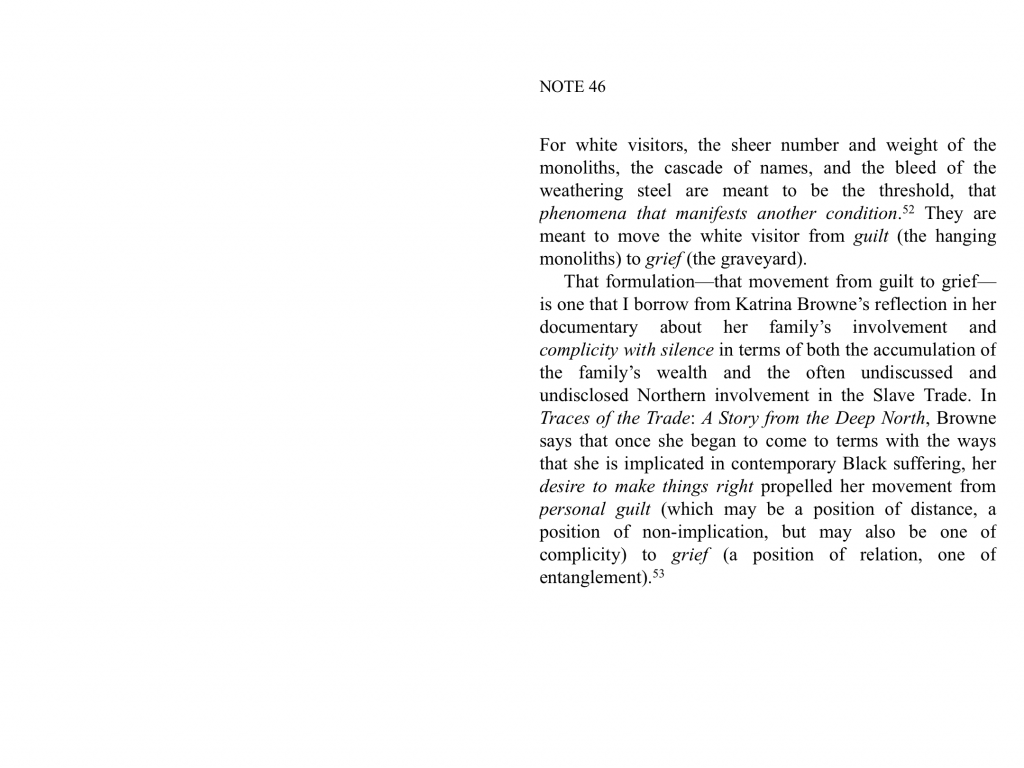4 miles
minnehaha falls and back
43 degrees
Feels like spring today. Sun, warm air, less layers. Today: black tights, black shorts, long-sleeved green shirt, orange sweatshirt, hat, buff, headband.
No gloves. No winter jacket. No snow on the path. Lots of birds and darting squirrels and shimmering water.
I felt sore from the 30 minute workout I did yesterday, but not too sore. Maybe I’ll try it a few more times.
Thought about how strange it was to be running in January with no snow and such warm air. It’s not just that it’s warm today — we’ve had warm days in past Januarys, but that it’s been warm like this for 4 or 5 days and will continue to be this warm for the next week. And, there’s no snow. Bad for the trees; they’re starting to bud. RJP came home the other day from school and told me how one of her friends was very scared about the warm weather — we’re all going to be dead by the time we’re 30, he said. How terrible to be coming of age in this time, when statements like this are felt so intensely by so many people.
Yesterday, while rereading my July entries from 2023, I was reminded of Christina Sharpe’s amazing book, Ordinary Notes. I read it while quarantining for COVID. I posted a note from it on July 4th:

I was particularly struck by her discussion of the shift from guilt to grief because Scott and I just watched (on Monday night) a beautiful story on PBS about Rita Davern and her efforts to reckon with her family’s buying of Pike Island, a sacred space for the Dakota people known as Bdote which was illegally “purchased” by Zebulon Pike in 1805. I’m not sure if Rita utters that exact phrase, but the idea of moving from guilt to grief was a big focus. After reading Sharpe’s note again, I decided to find and watch the documentary she mentions, Traces of the Trade. Found it online from my local library — public libraries for the win! — and watched it yesterday afternoon. It was amazing. One thing I kept thinking as I watched it was Marie Howe’s entreaty: don’t look away. Guilt gives us distance and prevents us from witnessing/beholding. Grief enables us to feel — not just the pain of others, but our own pain — the pain of silence, complicity, denial of connection, fear, helplessness.
I’m not a big fan of guily; it’s not helpful as a foundation for ethics or politics. As I thought this, I suddenly remembered a feminist ethicist I read/liked, back in the day: Elizabeth Spelman. She wrote a chapter titled “Good Grief” and it was about ways of grappling with racism. She was critical of guilt as a response — what did she like instead? I’m sure I have the article somewhere. Oh well.
Speaking of rereading old entries, I’ve been encountering the idea of the peripheral a lot lately. It’s giving me the itch to work seriously on some peripheral poems. Maybe this could be the February challenge? Maybe this poem could get me started?
In Praise of Being Peripheral/ Jane Hirshfield
Without philosophy,
tragedy,
history,
a gray squireel
looks
very busy.
Light as a soul
released
from a painting by Bosch,
its greens
and vermilions stripped off it.
He climbs a tree
that is equally ahistoric.
His heart works harder.
This last line about his heart working harder reminds me of something else I’m reading: The Plenitude of Distraction. In it, Marina Can Zuylen argues for the value of distraction. In a bit I read last night she praises how the slowness that distraction demands — wandering through the peripheral and away from one’s central task. Maybe I should read this too — I’ll try; it has a lot of words for my weak eyes.